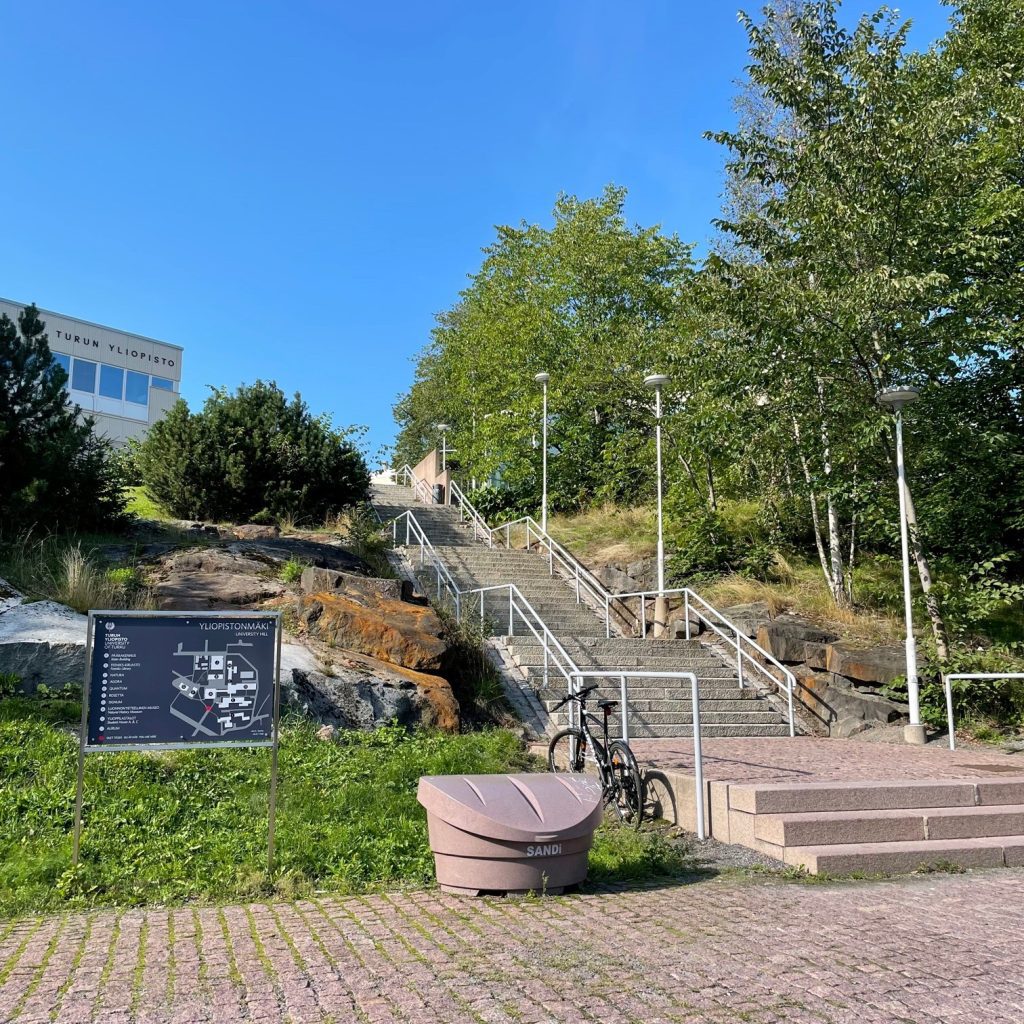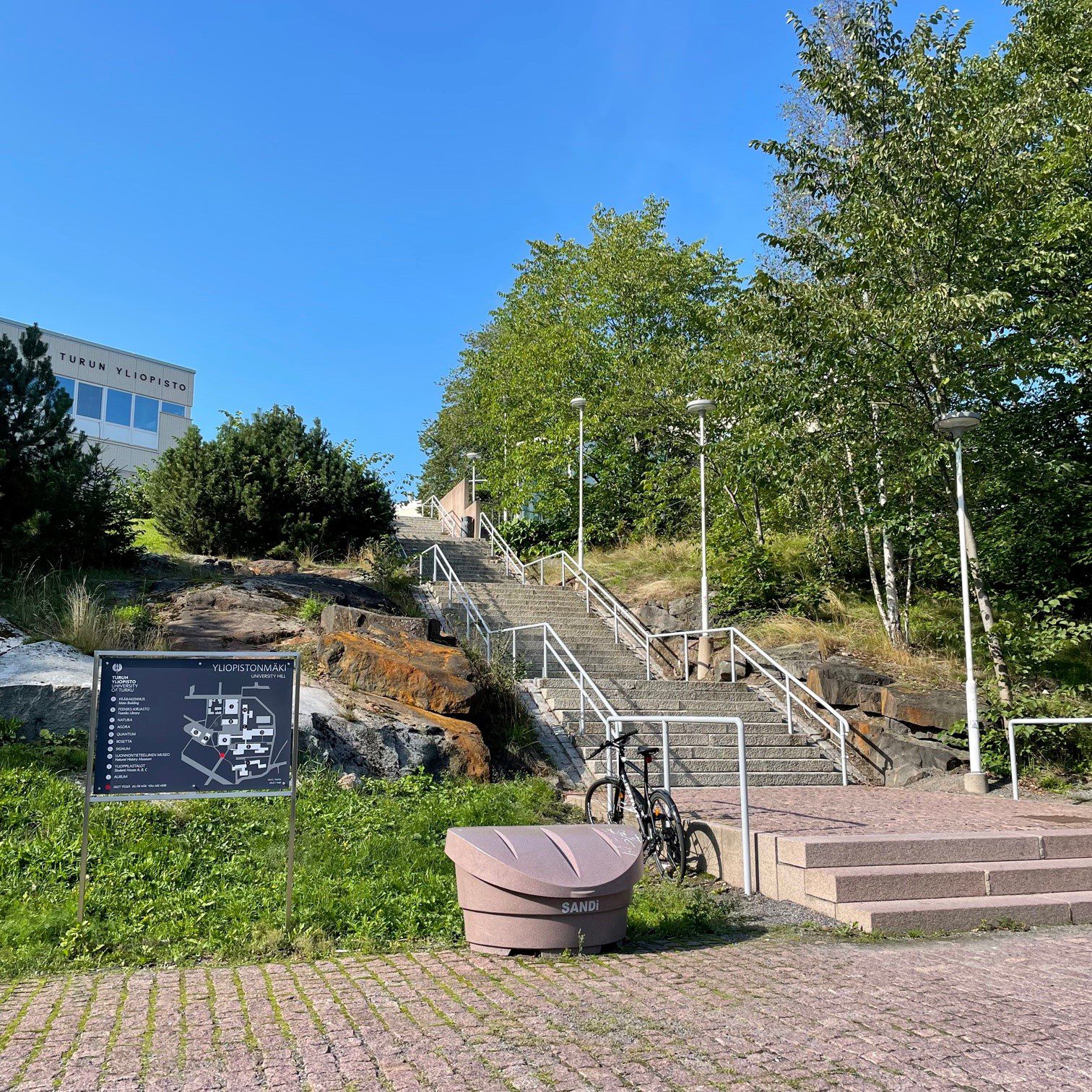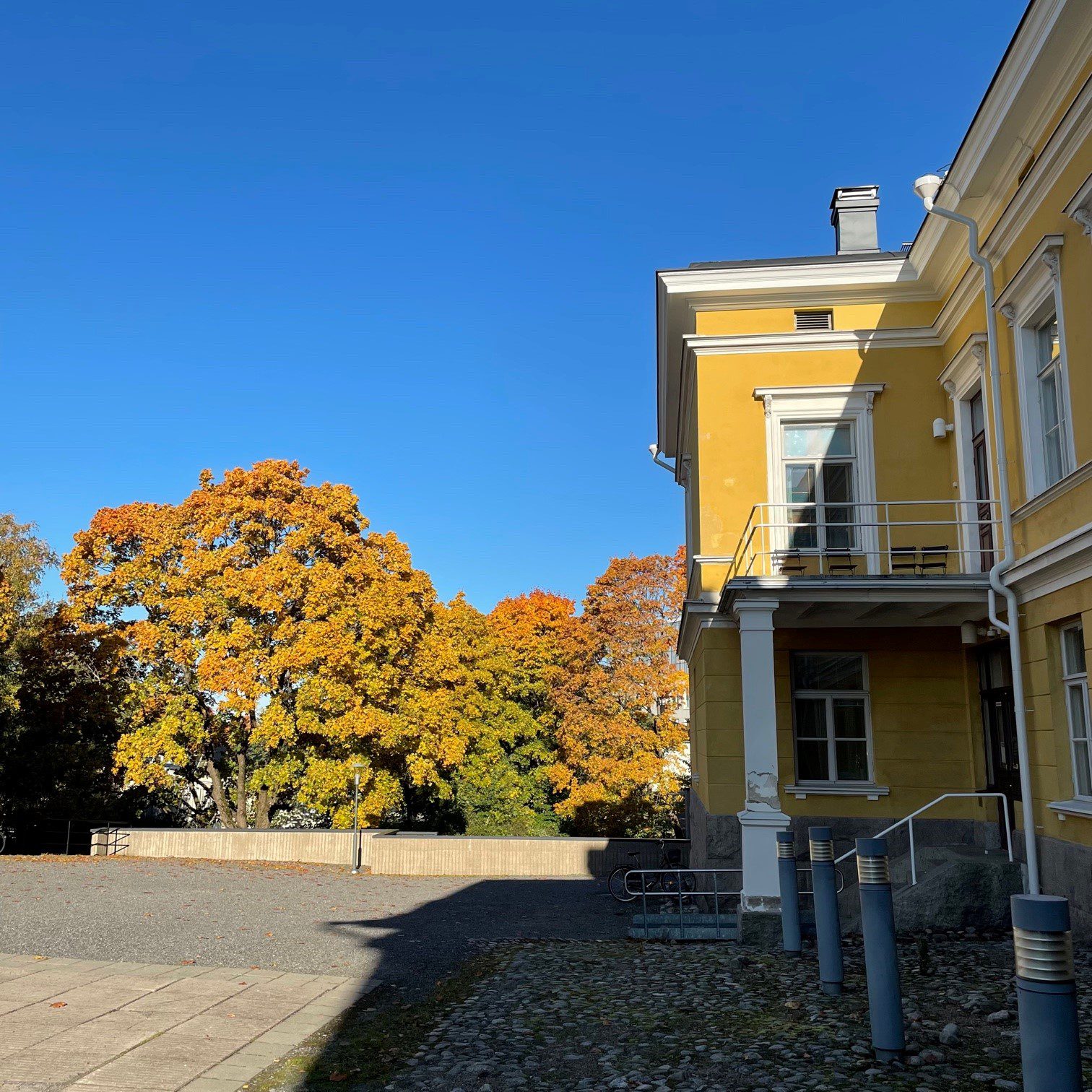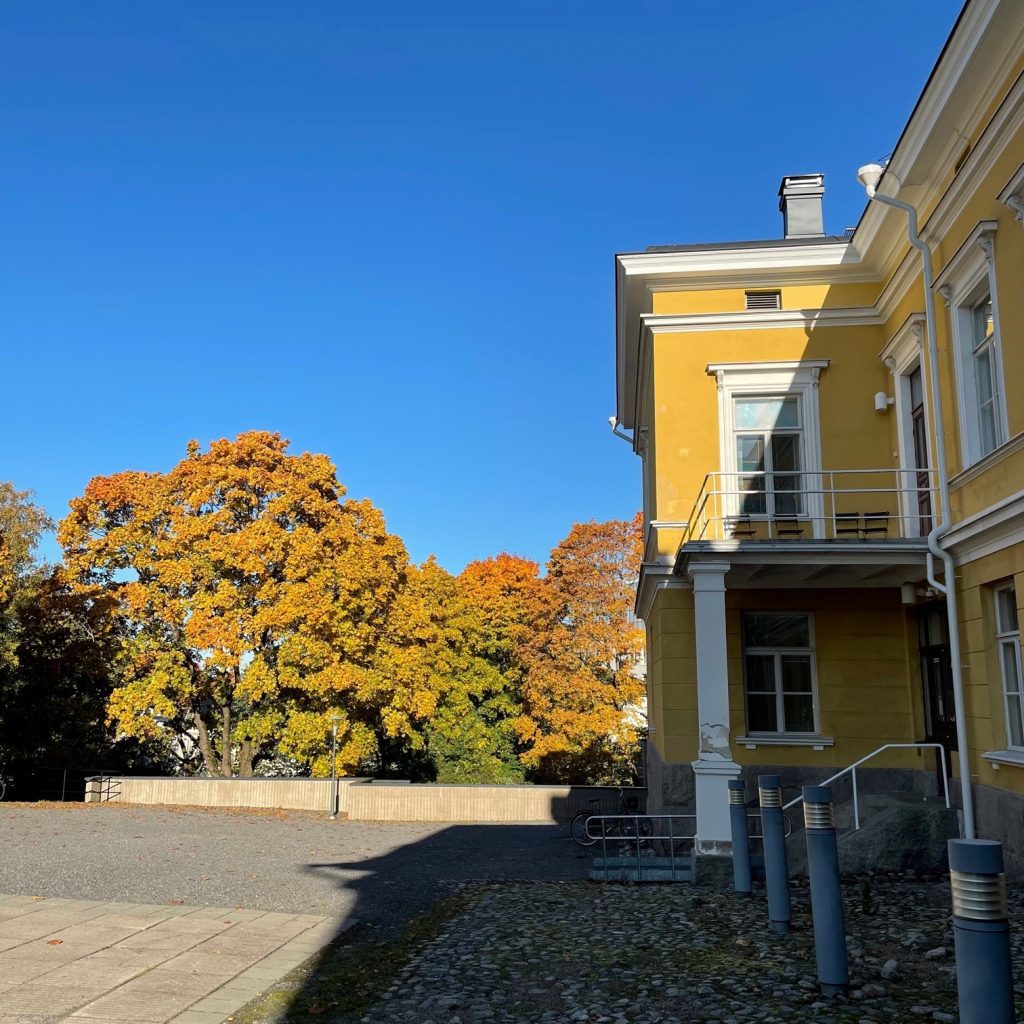The Early Modern Graphic Literacies team is looking for a researcher interested in collaborating with us through the Marie Skłodowska-Curie Actions programme (host institution: University of Turku, supervisor: project PI Matti Peikola). The candidates are evaluated by the supervisor in collaboration with the University’s Research Funding unit, and help is available for the MSCA application process for the selected candidate.

We are looking for an MSCA Postdoctoral Fellow in English studies with a specialisation in historical linguistics, book studies or textual scholarship to join EModGraL for two years to investigate early modern English graphic literacies and practices with us. The research to be undertaken by the MSCA Fellow may address any of the three main research objectives of EModGraL (or combine them in a meaningful way):
1) to map the distribution of different types of graphic devices in different kinds of books and to develop a new framework for their classification
2) to determine how target audience and topic influence the use of graphic devices; and
3) to establish how linguistic information and graphic devices work together in the context of the page and the whole book, for example through captions and reader instruction.
We particularly encourage postdoctoral projects that address texts in the domains of early modern science or mathematics and projects that focus on practical guidebooks or manuals in any field or domain. The dataset collected by the EModGraL project will be made available to the MSCA Fellow for the duration of the fellowship. The applicant’s precise research topic will be formulated in collaboration with the supervisor.
The deadline for expressions of interest is 23 March 2022. Please see the University website for the eligibility criteria and instructions on how to apply. Details concerning the EModGraL project specifically can be found on the same website under Social Sciences and Humanities > Early Modern Graphic Literacies (pdf). More information on the project can also be found in this project blog.


